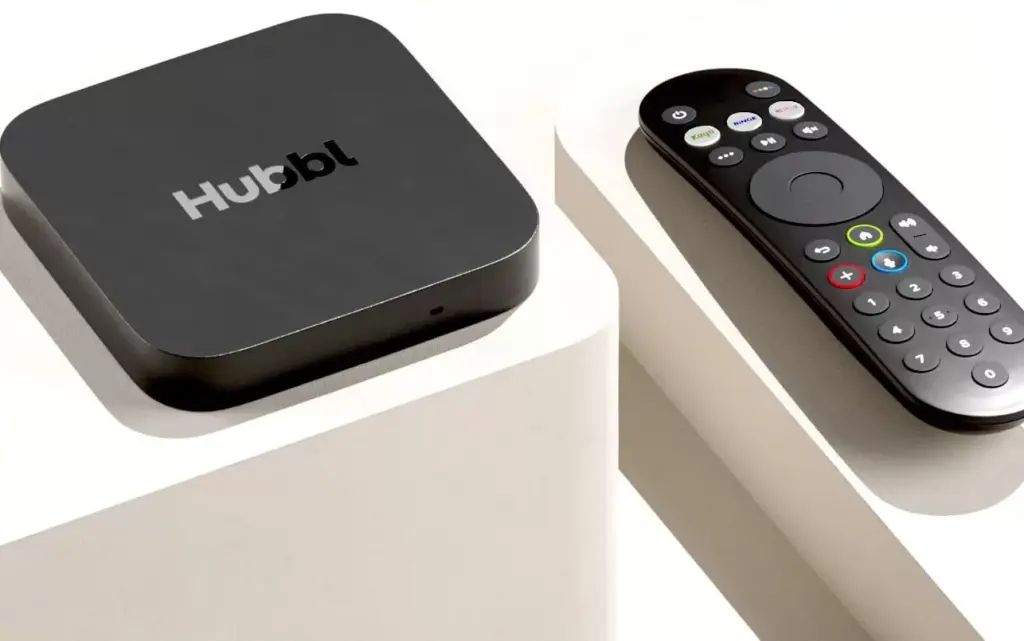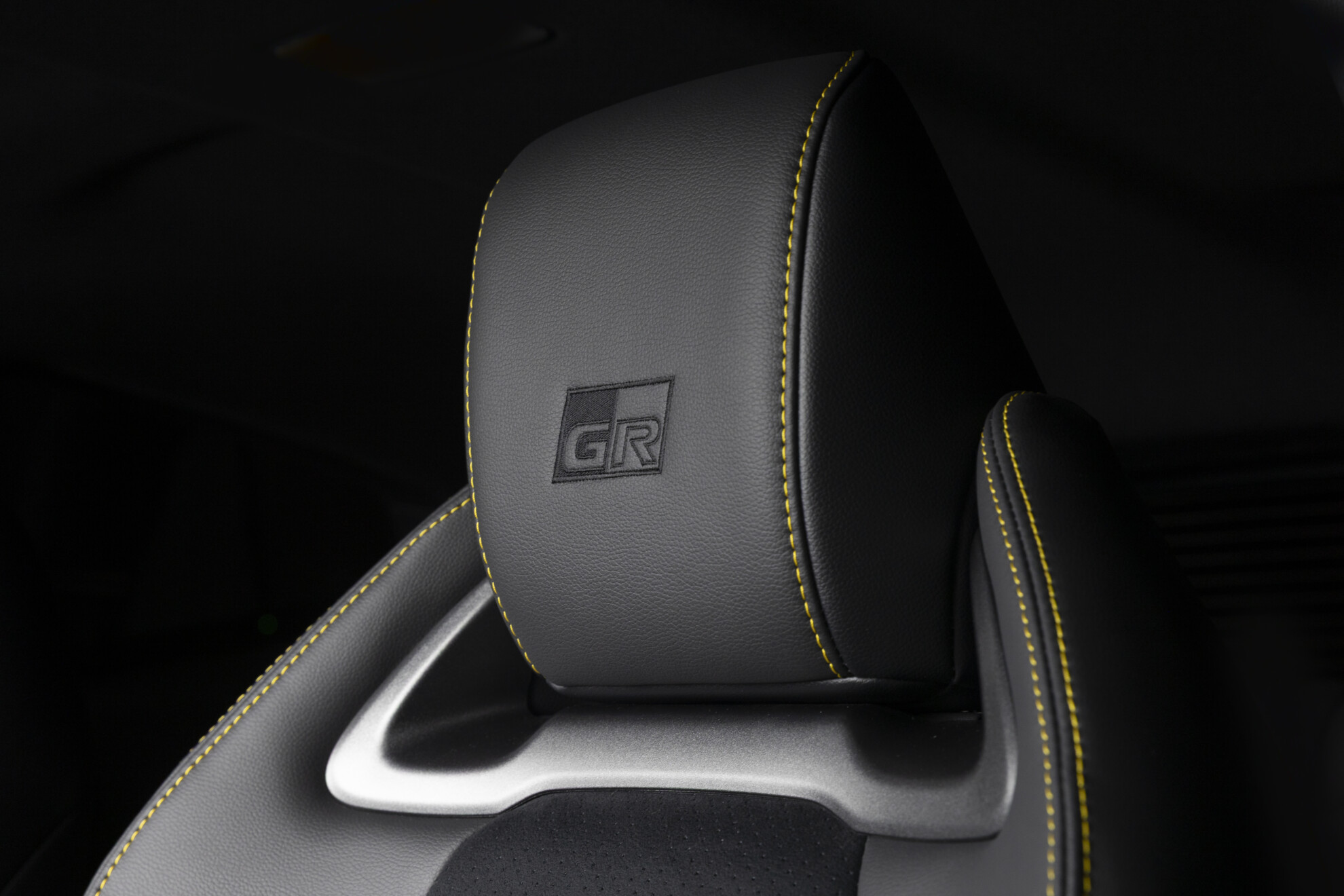
Foxtel has announced the winding down of its Hubbl streaming device, marking a significant retreat from its hardware ambitions just 18 months after its launch. The device, which was part of a $200 million investment, aimed to consolidate popular streaming services like Netflix, Disney+, and Kayo Sports into a single platform. The move signals a shift in strategy as Foxtel steps back from hardware development.
Chief Executive Patrick Delany confirmed the decision in an interview, stating that the Hubbl puck and television products are now in “maintenance mode” and will no longer receive marketing support. While existing customers will continue to receive technical assistance, Delany did not guarantee the platform’s survival beyond the next year.
The Rise and Fall of Hubbl
Launched in March 2024, Hubbl was positioned as Foxtel’s flagship innovation. The $99 puck-style device was developed in collaboration with Sky UK, using technology similar to Sky Stream in Britain. A television version, Hubbl Glass, was also part of this collaboration. However, the device struggled to gain traction, with sales described as “more than tens of thousands” but failing to reach a broad audience.
According to industry sources, the partnership with Sky UK was a crucial factor in Hubbl’s decline. Following Foxtel’s acquisition by DAZN, the new parent company was unwilling to continue paying Sky UK for hardware support. This decision reflects a broader trend within Foxtel, as the company moves away from hardware investments.
Financial and Strategic Implications
The scale of the Hubbl project was significant, with industry estimates placing the investment between $100 million and $200 million. News Corp filings revealed that at least $US62 million ($98 million) was spent in the 18 months surrounding the launch. Despite the financial outlay, the device was unable to secure a substantial market presence.
This development follows Foxtel’s acquisition by DAZN in April 2025, a $3.4 billion deal that prompted a strategic review of the company’s operations. One of DAZN’s first decisions was to reduce investment in the Hubbl project, effectively abandoning the hardware business.
“The Hubbl brand will be maintained,” a Foxtel spokesperson stated, though industry observers expect its physical presence to disappear, with any remaining services limited to software solutions.
Impact on Foxtel’s Workforce and Future Plans
The winding down of Hubbl has also had workforce implications. In April, more than 100 staff were made redundant, including about 35 from the Hubbl product team. This move is part of a broader restructuring within Foxtel as it pivots away from hardware to focus on content and digital services.
Foxtel’s decision to phase out its hardware offerings comes amid a wider industry trend of prioritizing content delivery over physical devices. The company will not produce a new iQ6 set-top box, opting instead to refurbish or phase out existing iQ4 and iQ5 models.
Looking Ahead: Foxtel’s Strategic Shift
As Foxtel navigates this transition, the company is expected to focus more on enhancing its digital platforms and content offerings. The shift away from hardware aligns with broader industry trends, where streaming services are increasingly prioritized over physical devices.
While the Hubbl project may have fallen short of expectations, it underscores the challenges faced by traditional media companies in adapting to the rapidly evolving digital landscape. As Foxtel recalibrates its strategy, the focus will likely be on leveraging its content library and partnerships to maintain its competitive edge in the streaming market.
The end of Hubbl marks a significant chapter in Foxtel’s history, but it also opens the door to new opportunities in the digital realm. As the company continues to evolve, its ability to adapt to changing consumer preferences will be crucial to its long-term success.





